Break through creative block! Tips and gear to get you composing again
So you want to write a song or produce a track, but you always end up with the same three chords or the same beat. Frustrated, you eventually put the guitar aside or close the laptop. Almost everyone who is creative sooner or later encounters creative blocks. But there are a few tricks you can use to get out of them. Here are seven tips on how to beat any creative block, along with some ideas for gear that can help revive your creativity.
If you like to be creative, blockades often feel like a humiliation. As musicians, we sometimes blame ourselves and doubt our ability. But periods where creativity seems elusive are a normal part of being process. We can’t expect ourselves to be creative all the time. If we search doggedly for our next idea, often we can’t seem to find it.
Limit yourself
Paring down your setup is a well-known and often successful way out of creative misery. If you limit yourself to a few instruments, effects or plug-ins, you force yourself to intensively explore the possibilities of each individual device or instrument. Fresh ideas then often come all by themselves.
This is especially true when working with a DAW. With its infinite possibilities, the software tempts you to lose yourself in details instead of letting your creativity flow. If your first idea is immediately followed by “Which of my 10,000 bass drums is the right one?”, your creative moment sometimes evaporates faster than you can press record. If you suffer from Plug-in Acquisition Syndrome (PAS), you may spend more time searching for the right sound or effect than making music.
This is another reason why so-called DAWless setups are becoming increasingly popular. Working with hardware is perceived by many as more inspiring and creative. But as musicians we sometimes make the mistake of accumulating more equipment than is good for us. It can be very liberating to draw a line in the sand and get rid of things we (come on, be honest) actually hardly ever use).
For capturing ideas without a computer, a standalone multitrack recorder is a good idea. I have fond memories of my first attempts with a cassette four-track recorder in the early 90s. The possibilities were extremely limited, but I’ve seldom felt as creative as I did then. Today’s counterparts are digital recorders that usually record on SD cards. They come in mobile versions that are also suitable as field recorders, and somewhat larger ones with integrated mixers. Here are a few bits of gear you could take a look at:
- Tascam DP-006
- Tascam DP-008 EX
- Zoom R8
- Zoom H6 Black
- iZotope Spire 2nd Generation
If you produce beats or electronic music, a groovebox is a great way to create complete arrangements without a DAW. There’s a huge range to choose from! Some focus more on sampling, others on the integrated drum and synthesiser sounds.
- Novation Circuit Tracks
- Akai MPC One
- Roland MC-101
- Roland Verselab MV-1
A looper can also be an inspiring recording solution. Here everything is pushing your creative flow forward, and you’re often focused on the moment, with less distraction and risk of getting lost in the minutiae of plug-in settings.
- Boss Loopstation
- Boss RC-202
Get out
It sounds banal, but this can be very effective. When walls of your creative space – be it studio, rehearsal space or bedroom – are closing in, it’s time for a change of scenery. It’s no coincidence that bands like to retreat to the countryside to write songs or record a new album. Go out, observe your surroundings, get inspired. Watch films, go to the theatre, meet new people. Leave your comfort zone! Some people find that being consciously aware of themselves and their environment is the bedrock of their creativity.
Another idea is field recording. Try recording sounds from your surroundings to process them in your songs. Or you might want to sit down with your guitar in the park, on a mountain or on an ice floe and record your song ideas right there. Then you need a field recorder. These are available in different versions, from simple “dictation machines” to fully equipped multi-track recorders.
- Zoom H1n
- Tascam DR-05X
- Tascam DR-40X
- Roland R-07 Black
Collaborate!
Making music with others can give your creativity a real boost. You might discover skills you didn’t know you had and learn new music or new techniques. Feel free to try out styles or bands that don’t match your personal musical taste. Broadening your horizons is one of the best ways to avoid creative stagnation!
A billion years ago, you used to put a note on the notice board at school or use a classified ad in a musicians magazine to find new players. Today, it’s mostly done through groups on social media platforms like Facebook. There’s bound to be a musician’s group for your town or area.
But you don’t necessarily have to live in the same city as your collaboration partners. Online collaboration systems have gotten a big boost in the Corona pandemic. These range from simple audio file sharing platforms like Bounce Boss to live tools with direct DAW integration, like Steinberg VST Connect. Other examples of internet collaboration tools include Soundwhale, Mixed In Key Satellite, Endlesss Studio and Soundation Collab Live. You can find an overview with more tips here.
Try out another instrument
The ultimate way to broaden a musician’s horizons is to try a completely new instrument. Try it out, you may discover talents you never dreamed of. If you mainly produce beats on your computer, try experimenting with “real” instruments.
If you want to get a taste of another instrument, it’s a good idea to buy a beginner’s instrument, but of course it should be of a certain quality. Here are a few examples of guitars, basses and synthesizers to let you jump into a different arena and get your feet wet.
- Fender Squire Affinity Stratocaster in Brown Sunburst
- Harley Benton HB-35Plus Guitar Set
- Marcus Miller V3 TS 2nd Gen
- Korg MicroKorg
- Novation Mininova
- Behringer DeepMind 6
- IK Multimedia UNO Synth
For producers, trying out a different DAW can be a real eye-opener. Every software has its own special strengths and the workflow of another DAW can give you new ideas. Of course, there is always a learning curve involved, but it’s worth thinking outside the box.
Produce a sample pack or sound bank
No matter what instrument you play, creating your own sample pack can be very inspiring. Record a few sounds and loops, process them with effects if necessary, and then experiment with your own samples. The result might be stylistically different from what you’re used to, but you’ll get new ideas.
Whether you work with hardware or software doesn’t matter. Some examples of current samplers are:
- Akai MPC Live II
- Korg Electribe Sampler Red
- Steinberg HALion 6
Analyse your idols
Watching your idols is a great way to get new ideas. Listen to your favourite guitar solo, find out what chord progression your favourite song has or recreate the sounds and beats of your idols. It can be a real eye-opener! It also takes the pressure off you to be creative yourself right away – you’re just playing along for now. New ideas usually come on their own. If you don’t know any music theory, browse YouTube for some great free content that can get you another perspective on chords and progressions.
Take some lessons
Learning new skills can lead to a place where you come up with lots of new ideas. Taking lessons can be very helpful in overcoming a creative block. It can expand your creative toolbox. If you don’t have the time or budget for regular lessons, you can try one of the many online offerings that are now available for instruments, production or a range of other skills.
You are currently viewing a placeholder content from YouTube. To access the actual content, click the button below. Please note that doing so will share data with third-party providers.
This post contains affiliate links and/or widgets. When you buy a product via our affiliate partner, we receive a small commission that helps support what we do. Don’t worry, you pay the same price. Thanks for your support!
Harley Benton is an inhouse brand of Thomann. Our publisher, Remise 3, is a Thomann daughter company.
One response to “Break through creative block! Tips and gear to get you composing again”

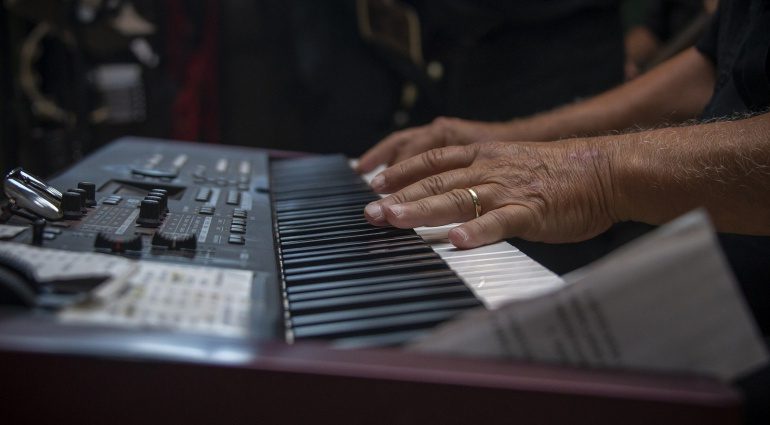

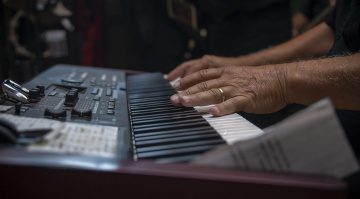

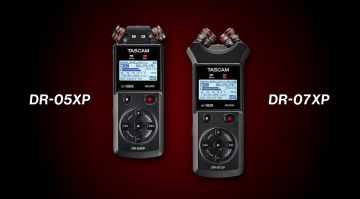

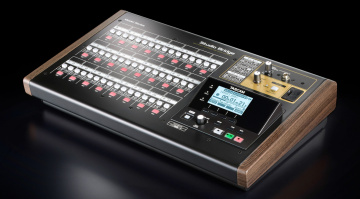
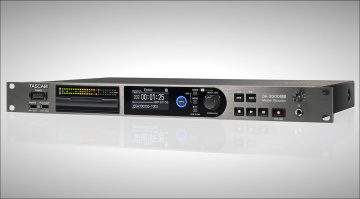

Nice “article”